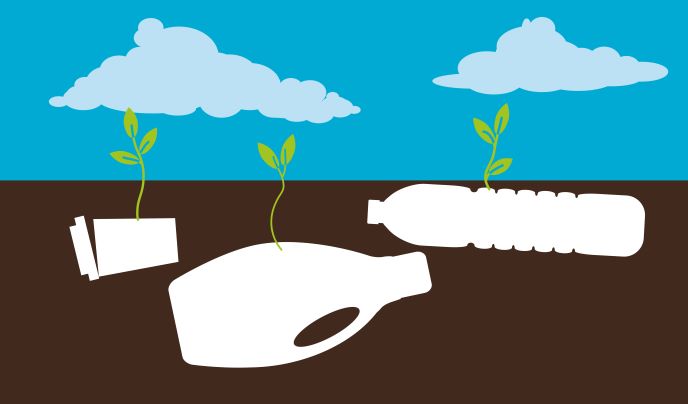New plastic repair technique tackles waste in transport packaging
Plastic pallets, crates, boxes: these items are vital for logistics and transportation in a wide range of industries. But when cracks appear and they break or start to leak, often they are consigned to the rubbish pile. The disposal of these packaging items – returnable transport plastics (RTPs) – generates a huge amount of financial and environmental harm. In the EU, 410 000 tonnes of RTPs are discarded each year, at a cost of EUR 7.2 billion. The EU-funded PRS project has developed an innovative new method to repair these plastic items, restoring their former quality and strength. The patented technology uses a plastic thread material, which is welded into the broken items. The cost-effective solution saves companies 70 % of the cost of buying new transport plastics. The project gained ISO 14067(opens in new window) certification, which revealed that the PRS process reduces CO2 emissions by 311 times compared to the alternatives of recycling and manufacturing new products. “By repairing RTPs, we enlarge their life cycle. This reduces the economic costs faced by companies, and also their carbon footprint,” explains Toni Astibia(opens in new window), CEO at Plastic Repair System(opens in new window), based in Spain and Mexico.
Plastic repair joins the next industrial revolution
The welding method uses a unique ‘Plastic Thread’, which is also patented. This restores broken parts of packaging, quickly and easily restoring the item to its former self. “PRS is able to recover all the physical properties,” says Astibia, PRS project coordinator. “A lot of times we can even improve the resistance, because the original plastic has been damaged by time, sun, water and wind,” he adds. The PRS project has been developing the entire process further, aiming to bring it in line with Industry 4.0(opens in new window) – the current technological and manufacturing revolution. In trials, the team designed and manufactured two automatic welding machines – meaning they can now recycle very light plastic, and other new types of plastics. They also added workshop screens to collect data, and began to integrate radio frequency identification(opens in new window) (RFID) tags into the plastics, which improves traceability. “The plastic packaging is scanned by an artificial vision machine that tells us where the damage is that we need to repair,” Astibia notes. “Data from the entire process is recorded in our system, which we can then share with our customers,” he explains.
Growing the circular economy
PRS is aiming to automate the system further, and repair small plastic packaging such as that used in supermarkets for meat, fish and fruit. The team is currently working towards securing certification for ISO 22000: food safety management(opens in new window). Plastic Repair System is planning to expand further in Mexico, and wants to open new workshops in Portugal and the United Kingdom this year. Astibia encourages all companies to push for a more circular economy, and reusing plastics is an important step toward this. “This way all companies will make a greener world. This must be the mindset,” he says.







